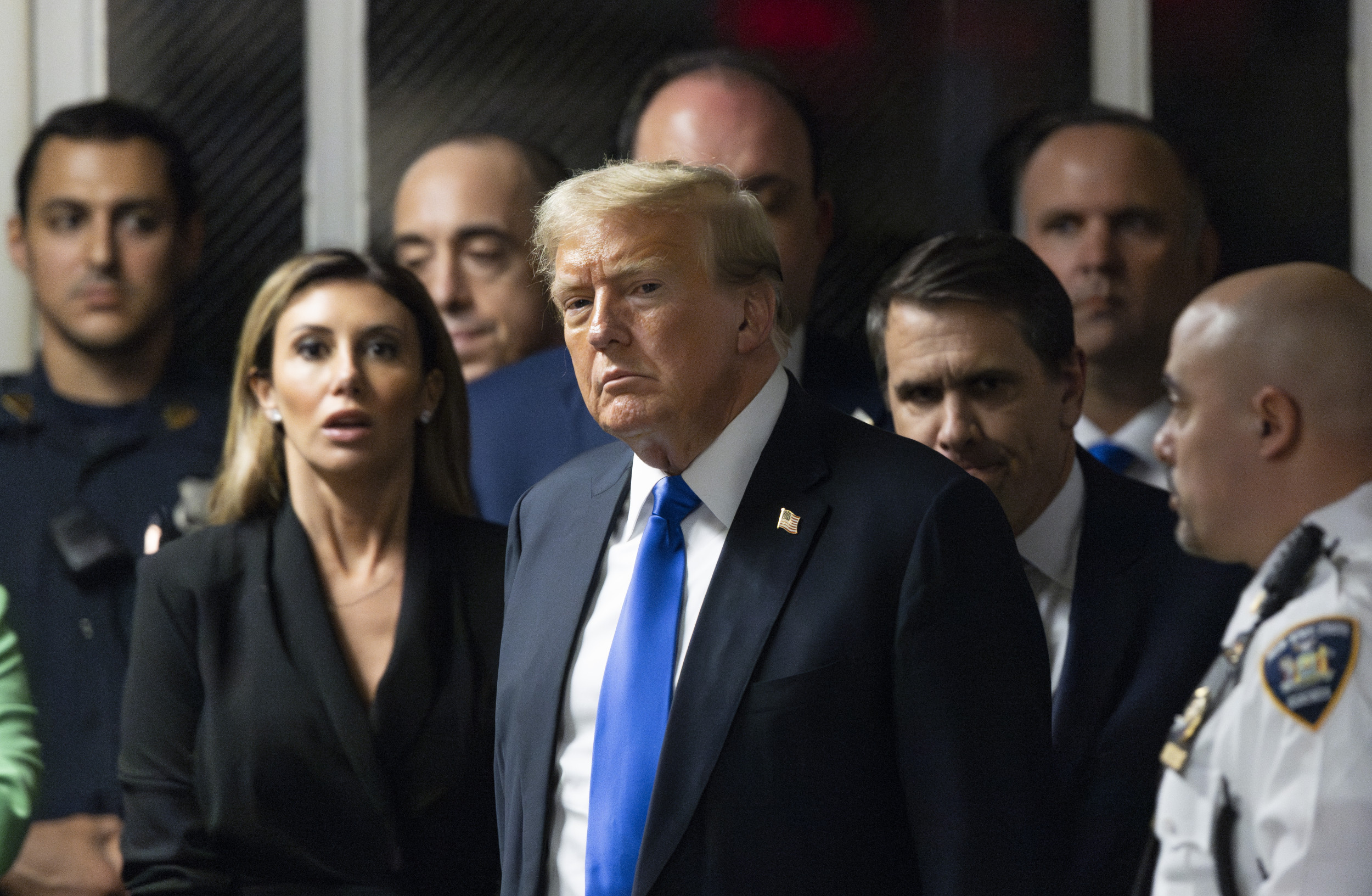Earlier this month, one day shy of Hurricane Maria's devastating landfall in Puerto Rico five years ago, the U.S. territory was struck by yet another hurricane.
Hurricane Fiona—a Category 1 bringing sustained winds of 85 miles per hour and over 30 inches of rainfall—caused an island-wide power outage, major disruptions in potable water service, and the collapse of roads and bridges that left local communities isolated. Nearly two weeks after the storm, the restoration of power and potable water remains slow. The U.S. citizens who reside in Puerto Rico are ready to pick up the pieces, but they are admittedly frustrated—and with good reason.
Since 2017, Puerto Ricans have had to deal with a Category 4 hurricane, destructive earthquakes, and the COVID-19 pandemic to boot. In response, the federal government has assigned more than $74 billion to the Commonwealth government for disaster mitigation, and preparedness, as well as the reconstruction and modernization of critical infrastructure, such as Puerto Rico's decrepit power grid.
Today, only 35 percent of those assigned funds have been disbursed. So, what is happening? With tens of billions of dollars still available for recovery efforts, little has improved in five years.
In times of adversity, humans typically flourish. Individuals look after their neighbors, communities organize to clean up, first responders rescue those in need, and people unable to help on-site contribute time and money to supply essential necessities. It is a spontaneous symphony of cooperation that speaks to the power of the human spirit.
Adversity leads to entrepreneurship, innovation, and productivity. We have seen it in Puerto Rico firsthand, with small- and medium-sized businesses finding ways to remain open during a pandemic and various natural disasters.
So, the question remains: Why is Puerto Rico's recovery so slow?
There have been many debates about who's to blame, but little discussion has been spent on Big Government's adverse impact on the island's recovery efforts. Recovery in times of crisis demands flexibility and requires freedom for individuals and communities to find solutions to their own problems, adapting over time. Unfortunately, government bureaucracy undermines freedom and flexibility, while thwarting adaptability.
Consider the mountains of paperwork and bureaucratic processes needed to comply with federal regulations tied to recovery funds. These regulations are limited by a one-size-fits-all design that ignores the unique economic, social, and even geographic conditions of a jurisdiction and assumes a stable market economy.
Federal law requires that the disbursement of funds (nearly $8.3 billion) allocated for mitigation projects depend on agreements between the Federal Emergency Management Agency (FEMA) and the Government of Puerto Rico in all fixed-cost estimates for permanent works. Of the 300 projects required, the Puerto Rico's government has submitted 40 and FEMA has approved just 29.

In the case of reconstructing and modernizing critical infrastructure, for example, the distribution of federal funds remains at a standstill. In 2018, Congress assigned over $1.9 billion under the Department of Housing's (HUD) CBDG-DR program for the modernization of the island's energy grid. Four years later, no funds have been disbursed for these vital projects. It took HUD two whole years to publish its guidelines for the use of the funding. Meanwhile, the U.S. Department of Energy finally published a roadmap to increase the resilience of Puerto Rico's power grid and transition to renewable energy in February—after two years in the making.
Government delays have inevitably outdated reconstruction projects planned years ago. The conditions for reconstruction and modernization have changed dramatically in the past five years, with the cost of materials increasing dramatically due to inflation and supply-chain disruptions. Meanwhile, Puerto Ricans' mobility to the continental United States has diminished the labor force, leaving contractors unable to begin projects because of a worker shortage. According to FEMA, Puerto Rico needs almost 90,000 construction industry employees, but there are only 30,000 to 35,000 on the island—fewer than half of those required.
Amid such unforeseen changes, federal and state governments have been slow to adapt their rules of the game, making recovery all the more challenging. What Puerto Rico desperately needs is efficient, effective collaboration between the public and private sectors—rapid change that is not burdened by bureaucracy. Among other reforms, it's time to streamline the FEMA approval process, given that more than 10 key projects submitted remain unapproved. At the local level, this includes expediting the submission of remaining projects.
Only by reducing Big Government can Puerto Ricans hope for rapid recovery. Until then, over 3 million U.S. citizens who live in Puerto Rico find themselves in a vulnerable position, weighed down by inflexible government standards that limit the capacity of local entrepreneurs to participate in the island's recovery. At the state level, Puerto Rico's entrepreneurs are already faced with an onerous tax burden (the second highest in the United States), unreliable and costly energy access, and unnecessary red tape that makes it virtually impossible to receive a construction permit reasonably soon.
The residents of Puerto Rico continue to suffer. As we face another test of our resilience, it is high time for government officials—federal and local—to reassess their efficiency and effectiveness. Puerto Ricans don't need more bureaucracy: they need action.
Tere Nolla serves as executive director of the Center for Economic Renewal, Growth, and Excellence (CRECE) in San Juan, Puerto Rico.
The views expressed in this article are the writer's own.
Uncommon Knowledge
Newsweek is committed to challenging conventional wisdom and finding connections in the search for common ground.
Newsweek is committed to challenging conventional wisdom and finding connections in the search for common ground.





